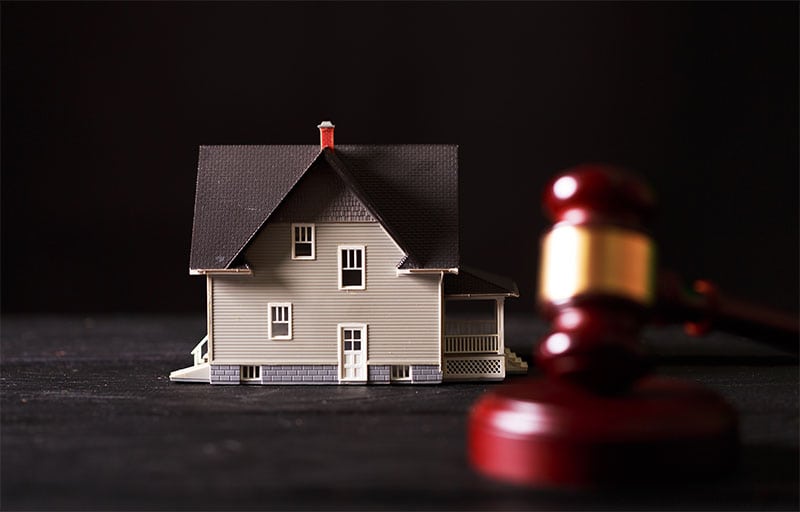

During divorce, spouses begin the difficult process of dividing up the house, the cars, and the beloved family heirlooms. These decisions are often prolonged, confusing, and even more divisive than the divorce itself. The team at Zirkin and Schmerling Law has spent years helping families understand division of property in Maryland. We’d like to help yours too.
How Does Division of Property In Maryland Work?
Some states treat divorcing partners’ property under a “community property” statute. This means that after the marriage is dissolved, partners in these states are required to equally divide any belongings that they acquired during their union. Any property—whether earned wages, the family home, or even interest earned on investments—must be divided evenly between the couple.
Mayland’s distribution standards are quite different. The Maryland divorce laws operate around a core principle called “equitable distribution.” Put simply, this principle means that a judge decides on a fair and equanimous distribution of property between the couple. In most cases, one partner receives a larger share of the property than the other to ensure equitability. Division of property in Maryland is always fair, but it is not always “equal.”
If you feel like you need some legal help, contact our Family Law attorney to schedule a case evaluation today.
FREE CASE EVALUATIONWhat Is Marital Property?
Now that you know the difference between community property and equitable distribution, you’re probably wondering which of your possessions can be considered “marital property.” The basic definition is simple enough: marital property refers to possessions that were shared between both spouses or purchased during the marriage. However, the practical implications of this term can quickly turn convoluted, especially when two people have been living together and sharing their belongings for decades.
If you’re going through a divorce, you will need to contact an experienced divorce attorney to explain the intricacies of the division of property in Maryland and help you figure out which property is considered marital property. Here are a few things to keep in mind as you review your belongings:
- Marital property almost always includes the family home and any property that the couple purchased during their marriage. The only exception to this rule occurs if the couple composed a valid written contract granting sole ownership to one of them.
- Any property that is directly traceable to property acquired before the marriage can technically be considered non-marital property. For instance, if a spouse sold a couch that they owned before marriage and bought a kayak with the money, that kayak can be considered non-marital property by the court.
- When marital and non-marital funds are combined to pay for an item or asset, that item or asset becomes marital property. If a couple uses some of their pre-marital savings and some of their current salaries to purchase a boat, then the boat is usually classified as marital property.
- Debts acquired during the marriage are also considered marital property. A court usually will not order one spouse to completely cover any joint obligations that the couple share, but they may require one spouse to make ongoing contributions to a mortgage or car payment that was awarded to the other.
The court may also issue a “monetary award” to one partner in order to ensure that the division is equitable. In many cases, one spouse is given ownership of the family home, which represents a considerably large percentage of the shared assets. A judge often asks that spouse to pay a specified amount to the other spouse to compensate for that loss.
Contact Our Team
We know that the division of property in Maryland is a complex area of the law t, especially when you are dealing with the personal, emotional, and financial devastation of a divorce. Our experienced, knowledgeable team of divorce attorneys can guide you through each stage of the process and find the solution that best suits your family. To schedule your initial consultation, please call us at 410-753-4611.
